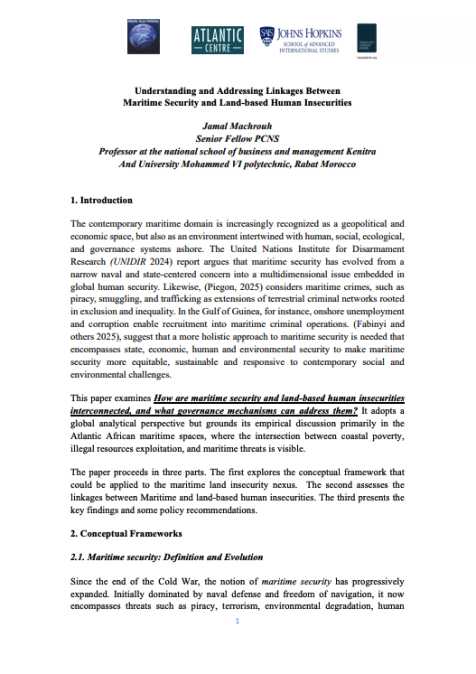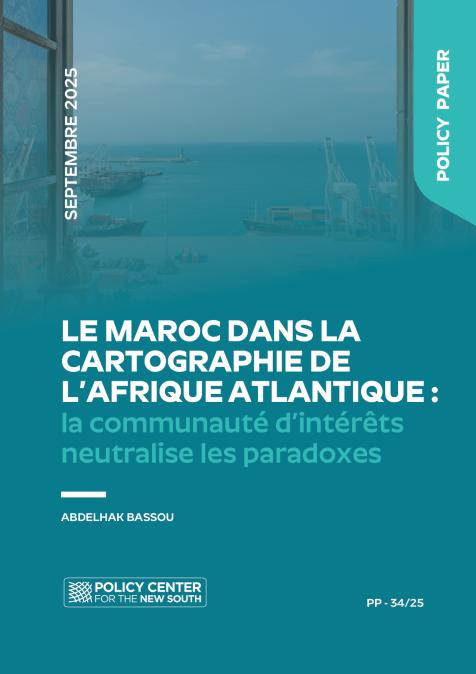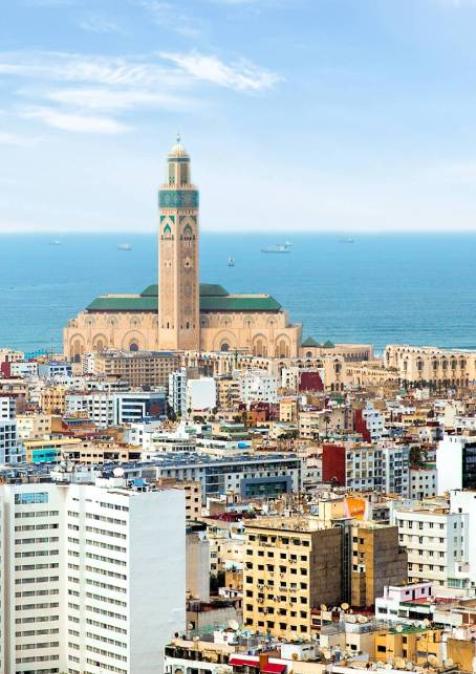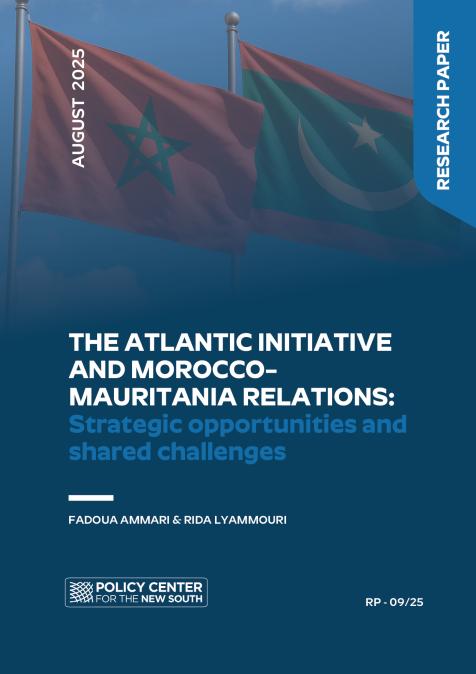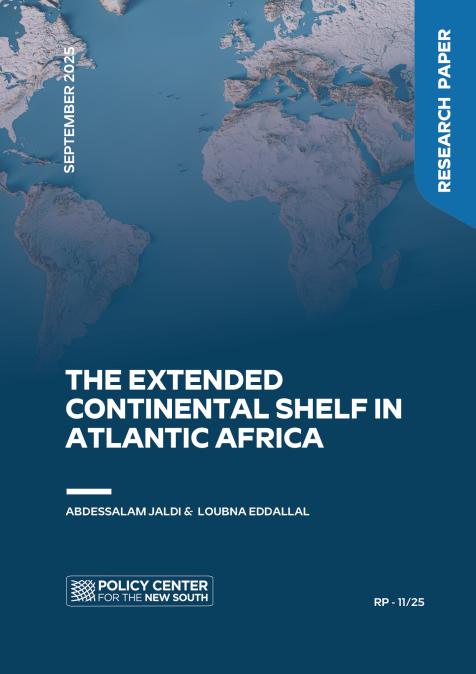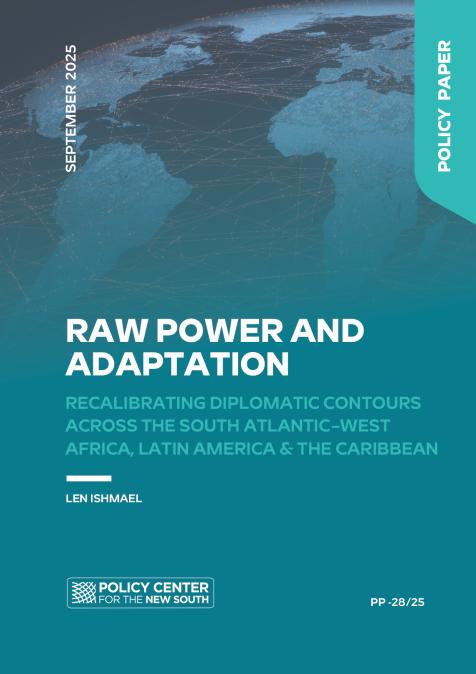Since 2020, the international community has been witnessing seismic changes in several spheres. COVID-19 has disrupted global production and its supply chains. The war in Ukraine has sparked an energy crisis, induced food insecurity, resulting in acute effects for the most vulnerable. The multilateral system has been profoundly challenged, and climate change and nuclear war threats are on the table. In the context of these compounded crises, the Wider Atlantic has emerged as a crucial element of geopolitical and geoeconomic analysis in world affairs. The session will discuss the prospects of cooperation in the Wider Atlantic that would make it possible for states to collectively tackle common issues. It will also investigate the extent to which such cooperation might shift the gaze from Asia and the Pacific into a Wider Atlantic.
- What are some of the features characterizing the impacts of these compounded crises?
- What are the security, political and economic drivers of the Wider Atlantic—being at the intersection between the Americas, Europe and Africa—in the current global context?
- Would a Wider Atlantic unified strategy be useful as an attempt to quell the crisis?
- What is the role of Africa and Latin America in (re)shaping the Wider Atlantic dynamics?


